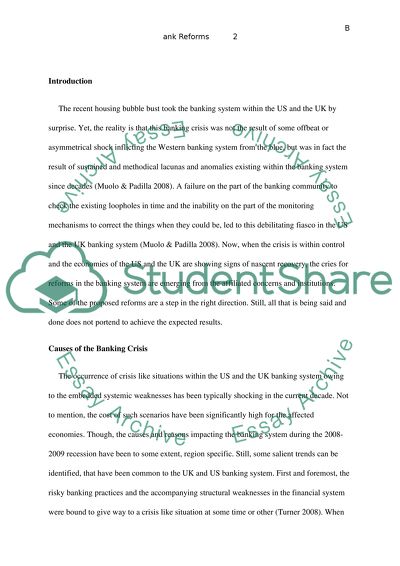Cite this document
(“Present and evaluate the possible bank reforms emerging from the US Essay”, n.d.)
Retrieved from https://studentshare.org/environmental-studies/1419779-present-and-evaluate-the-possible-bank-reforms
Retrieved from https://studentshare.org/environmental-studies/1419779-present-and-evaluate-the-possible-bank-reforms
(Present and Evaluate the Possible Bank Reforms Emerging from the US Essay)
https://studentshare.org/environmental-studies/1419779-present-and-evaluate-the-possible-bank-reforms.
https://studentshare.org/environmental-studies/1419779-present-and-evaluate-the-possible-bank-reforms.
“Present and Evaluate the Possible Bank Reforms Emerging from the US Essay”, n.d. https://studentshare.org/environmental-studies/1419779-present-and-evaluate-the-possible-bank-reforms.


